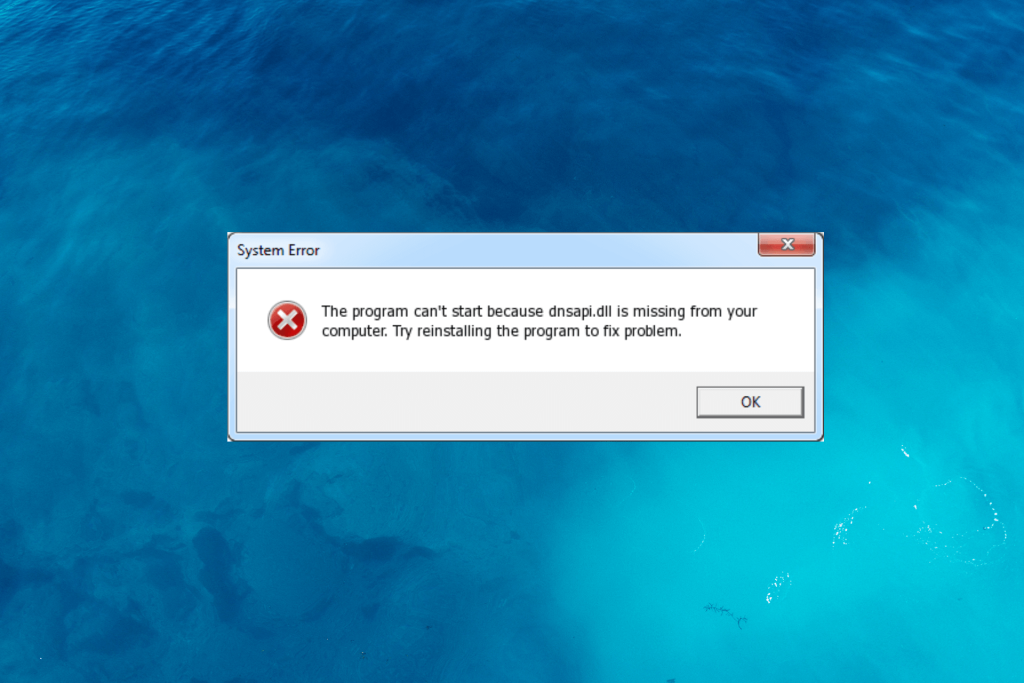Direct3D 12 Runtime is a critical component for running multimedia-intensive applications and games on Windows systems. However, users may encounter errors related to Direct3D 12 Runtime that can disrupt their experience. Navigating the Direct3D 12 Runtime error maze can be challenging, but here are some steps to help you resolve common issues:
- Update Graphics Drivers: Outdated or incompatible graphics drivers are a common cause of Direct3D 12 Runtime errors. Visit the website of your graphics card manufacturer such as NVIDIA, AMD, or Intel and download the latest drivers for your specific graphics card model. Install the updated drivers and restart your system to see if the Direct3D 12 Runtime error persists.
- Install Windows Updates: Ensure that your operating system is up to date by installing the latest Windows updates. Microsoft often releases updates that include bug fixes and improvements for DirectX. Go to Settings > Update and Security > Windows Update and click on Check for updates. Install any available updates and restart your system.
- Run DirectX Diagnostic Tool: The DirectX Diagnostic Tool can help diagnose and troubleshoot DirectX-related issues. To access it, press the Windows key + R to open the Run dialog box, type dxdiag, and press Enter. The tool will run various diagnostics and provide information about your DirectX installation. Check for any reported errors or conflicts and follow the suggested troubleshooting steps.

- Repair DirectX Installation: In some cases, Direct3D 12 Runtime errors may be caused by a corrupted installation. Microsoft provides a DirectX End-User Runtime Web Installer, which can repair or replace any missing or damaged DirectX files. Download the installer from the Microsoft website, run it, and follow the on-screen instructions to repair your DirectX installation.
- Perform System File Check: System file corruption can also contribute to Direct3D 12 Runtime errors. To check for and repair corrupted system files, open Command Prompt as an administrator, and run the command sfc /scannow. The System File Checker will scan for and attempt to repair any corrupt files. Restart your system after the process completes.
- Check Application Compatibility: Some applications may have specific requirements or limitations regarding DirectX versions. Check the application’s system requirements or consult the developer’s documentation to ensure that your system meets the necessary DirectX version and other prerequisites. If required, update the application to the latest version compatible with your system’s DirectX version.
- Seek DirectX Support: If you have exhausted the above steps and continue to experience d3d12.dll Runtime errors, consider seeking support from Microsoft or relevant forums dedicated to DirectX troubleshooting. Microsoft’s support website provides resources, forums, and assistance for DirectX-related issues.
It is worth noting that certain Direct3D 12 Runtime errors may be indicative of underlying hardware issues or conflicts with other system components. If the error persists despite troubleshooting efforts, consider seeking assistance from technical support or consulting with a professional to diagnose and resolve the issue.
